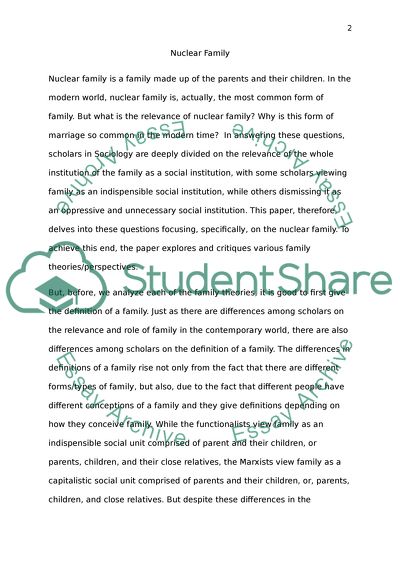Cite this document
(“Nuclear Family Essay Example | Topics and Well Written Essays - 1750 words”, n.d.)
Retrieved from https://studentshare.org/sociology/1470453-nuclear-family
Retrieved from https://studentshare.org/sociology/1470453-nuclear-family
(Nuclear Family Essay Example | Topics and Well Written Essays - 1750 Words)
https://studentshare.org/sociology/1470453-nuclear-family.
https://studentshare.org/sociology/1470453-nuclear-family.
“Nuclear Family Essay Example | Topics and Well Written Essays - 1750 Words”, n.d. https://studentshare.org/sociology/1470453-nuclear-family.


